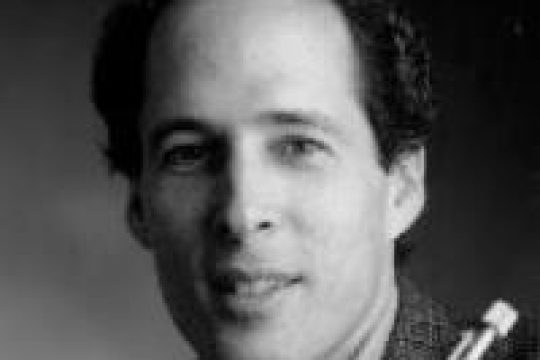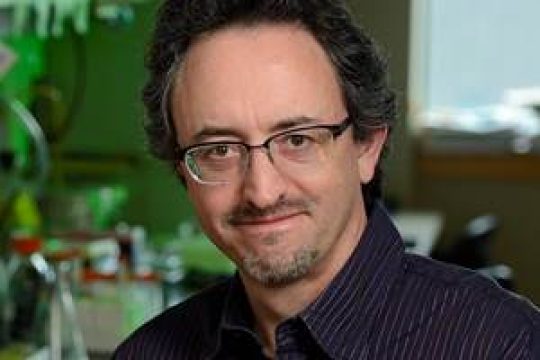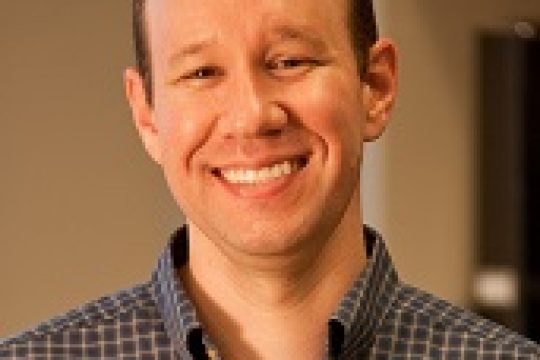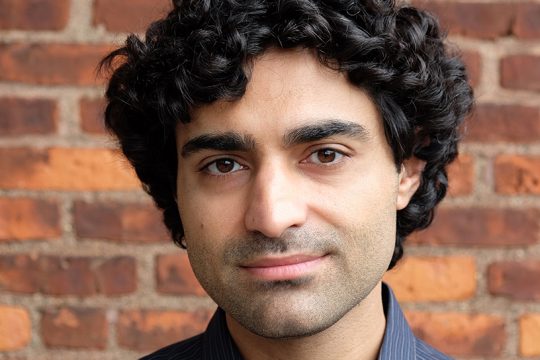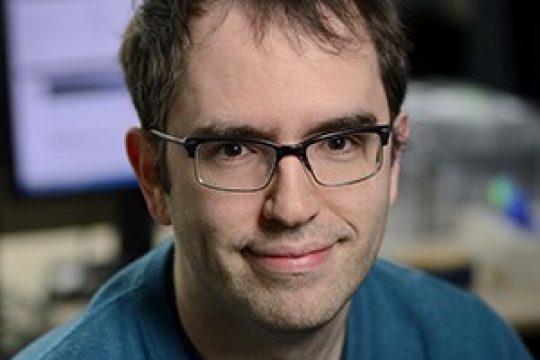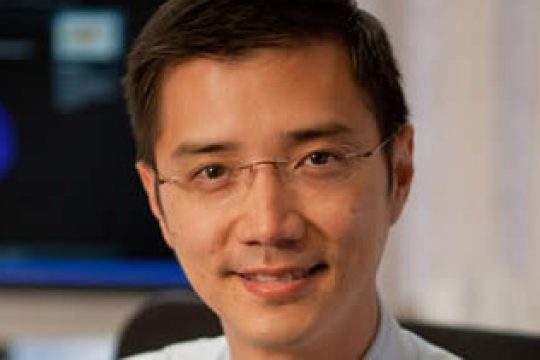What are cellular and molecular mechanisms that control tissue regeneration in vivo? Stem cells ensure tissue renewal in most adult tissues, and their activities are under the precise control of signals from specific local microenvironments, or niches. The ability...
We study fundamental cellular processes relevant to human disease. A major research focus in our laboratory is the premature aging disease Hutchinson-Gilford progeria syndrome (HGPS), which results from a mutation in the gene encoding the nuclear scaffold protein lamin...
Biology: Frizzled receptors in development and disease Our laboratory has focused for the past two decades on a large family of cell-surface receptors called Frizzled. This name refers to the appearance of fruit flies in which the receptor...
The outcome of most parasitic relationships is decided by an elaborate series of events involving hundreds of proteins. Understanding this interaction requires the analysis of the molecular mechanisms operating in both organisms and the causal relationships acting at the...
My laboratory is interested in the molecular mechanisms by which cells interpret signals from their environment that instruct them to proliferate, differentiate, or die by apoptosis. This process is of fundamental importance in the development and function of the...
The current research focus of my laboratory is investigating the olfactory system of Anopheles mosquitoes. We have developed new strains of Anopheles mosquitoes, utilizing the Q-system we originally developed for use in Drosophila, to explore how living Anopheles mosquitoes...
Our research seeks to better understand dynamical biological processes, such as embryonic development and brain activity, by recording cells’ experiences in their genomes. To accomplish this objective, we develop: (A) molecular technologies that write cellular experiences into their nucleic...
CRISPR-Cas loci serve as acquired immune systems which protect their bacterial and archaeal hosts from viruses and plasmids. CRISPR immunity occurs in two phases: First, short DNA segments from foreign invaders are captured and inserted into the CRISPR locus...
My lab’s focus is on the development and application of sequencing technologies to gain a deeper understanding of biology and a more accurate set of clinical tools for human disease. Our research integrates the principles of biophysics, molecular biology,...



